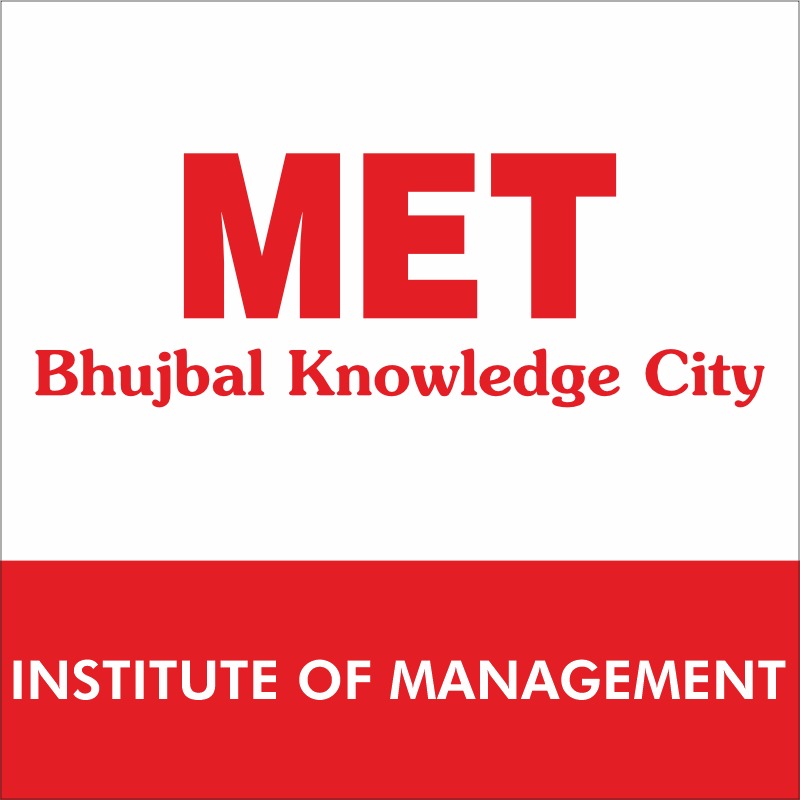Primary Agriculture Credit Societies' Economic Impact on Gross State Domestic Product for Long-Term Agricultural Development
DOI:10.34047/MMR.2020.9208
Keywords:
Primary Agriculture Credit Societies (PACS), Gross State Domestic Product, Agriculture Sector, Growth Rate, Western Zone.Abstract
Economic growth with social justice has been an important objective of Indian and state planning. The Gross State Domestic Product (GSDP) is one of the important indicators to measure the economic development of the State/UT. India is an agrarian economy since decades. Indian agriculture sector accounts for 17-18% of India's Gross Domestic Product (GDP) and provides employment to 60% of the country's workforce. Agriculture sector provides raw materials to industry and industry provides essential inputs to the agriculture sector and service sector plays a significant role as middle path. This sector's financial reliance has transitioned from the informal to the formal sector, which includes commercial banks, microfinance institutions, and cooperative credit organisations. The research objective of this paper is to understand the performance of Primary Agriculture Credit Societies (PACS) and to study the economic impact of the number of PACS on the Gross State Domestic Product for sustainable or long-term agricultural development. The scope of the study covers the western zone of India which includes Goa, Gujarat and Maharashtra for the last twenty-two years i.e., from 2002- 03 to 2019-20. The study is based on the secondary data: research papers and Journals, Government published documents. The study analysis the data using p-value and regression equation. The result reveals that the aggregate numbers of the PACS have increased in India over the study period. In terms of paid-up capital, total reserves, total borrowings, working capital, number of borrowers, and GSDP, Goa comes out on top. As per the results of the hypothesis testing, for all the three states, we accept the hypothesis i.e., there is a negative relationship between the primary agriculture credit societies and gross state domestic product of agriculture and allied activities. The loans disbursed by the banks for agricultural loans have been seeing a steady rise in non-payments due to several factors. Such loans are leading to Banks writing off such loans as bad loans and take a loss upon themselves. The Banks also must lend such loans under the Priority Sector Lending (PSL) scheme which leads to compulsory lending and banks are not able to sustain over a long run. The study is focused on implementing a better system to securitize such loans so that banks which lend have their loans secured and increases the opportunities in the debt market for investors. The managerial implication of the study includes bringing better products and securing the interest of the banks. The study would also help in sustainable existence of small lending institutions which get bankrupt due to rising NPAs generated out of agricultural loans

